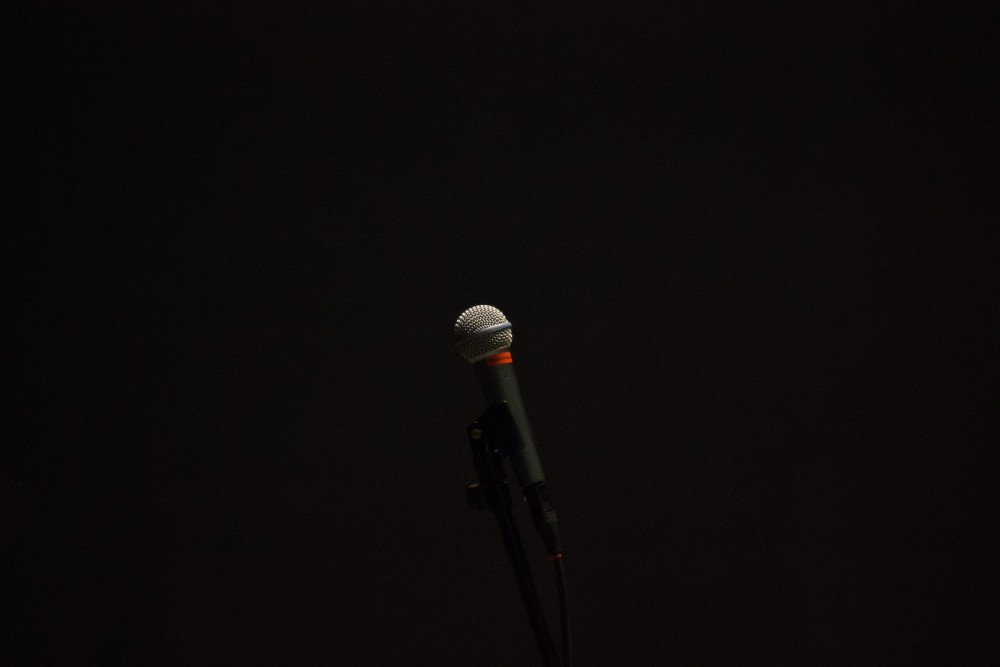What's wrong with cancel culture?
A suggested agenda for the signers of the open letter to Harper's on free speech

As an uncontrolled pandemic rages, a national movement demands police reform, and a looming withdrawal of unemployment benefits threatens to create an instant housing and nutrition crisis, a significant segment of the media world has paused to sound the alarm about cancellations.
Cancel culture—a concept flexible enough to cover almost any negative consequence for disfavored words or actions—mostly functions as shorthand for the repercussions of violating taboos on race and gender in predominantly liberal cultural institutions. It is a nightly topic on Fox News, where statuary and university personnel decisions overshadow coverage of a viral outbreak infecting tens of thousands of Americans each day. (This has been especially true of Tucker Carlson’s highly-rated show, although Fox ended up cancelling Carlson’s head writer over flagrantly bigoted posts in an online forum.)
But concern over cancel culture isn’t confined to conservative media. In an open letter published by Harper’s on July 7, a long list of journalists, artists, and scholars (whose politics mostly range from the center to the left) warned that the “free exchange of ideas, the lifeblood of a liberal society, is daily becoming more constricted.” This “intolerance of opposing views,” “vogue for public shaming and ostracism,” and “tendency to dissolve complex policy issues in a blinding moral certainty,” has migrated from the “radical right” to the mainstream, where it expresses itself in “panicked damage control” by employers and publishers. To address this cultural problem, these masthead grandees offer nothing much beyond an appeal to tolerance, experimentation, and risk.
We can do better.
The instances cited in the Harper’s letter can be recognized from vague descriptions. A UCLA lecturer was investigated for reading from Martin Luther King Jr.’s “Letter from a Birmingham Jail,” including King’s citation of a racial slur. A researcher for an analytics firm was fired after tweeting the results of a paper comparing voters’ responses to riots and to nonviolent civil rights efforts in the 1960s. The novel American Dirt was strongly criticized for its white author’s depiction of a Mexican family’s journey to the US border. A New York Times editor who approved an op-ed by Senator Tom Cotton calling for military deployment to cities experiencing violence along with antiracism protests “stepped down” amid backlash from Times subscribers and employees (the latter of whom had already been directed, in a rather censorious fashion, not to criticize the editorial page online). The justice of these decisions, especially by employers, is at best open to question.
But the label “cancel culture” has been lavishly applied to many different cases, from consumer boycotts to the lawful and deliberate removal of monuments to Confederate war criminals. At the same time, there have been many actions against speech and assembly that aren’t being called “cancellations.”
The federal government cancelled a peaceful protest in front of the White House with tear gas—to clear way for a presidential photo-op. Many protesters have been cancelled, some fatally, by drivers (including law enforcement) deliberately speeding into them in 66 separate events this year. Police attacks against protesters—and against journalists covering the protests—have been routine. Amazon warehouse workers have been fired in what is alleged to be retaliation for speaking out against workplace conditions during the coronavirus outbreak. Two lawsuits attempted to prevent the publication of books unflattering to the president. There is also the daily, relentless stream of harassment against people of color, women, and LGBTQ people online.




